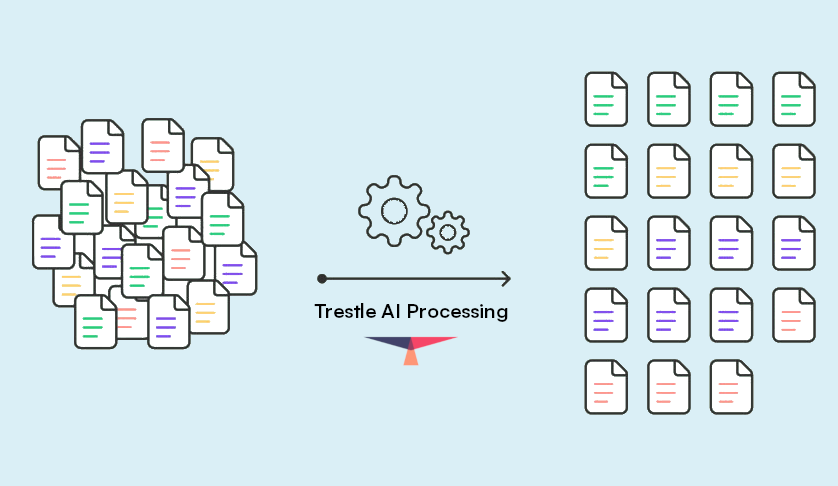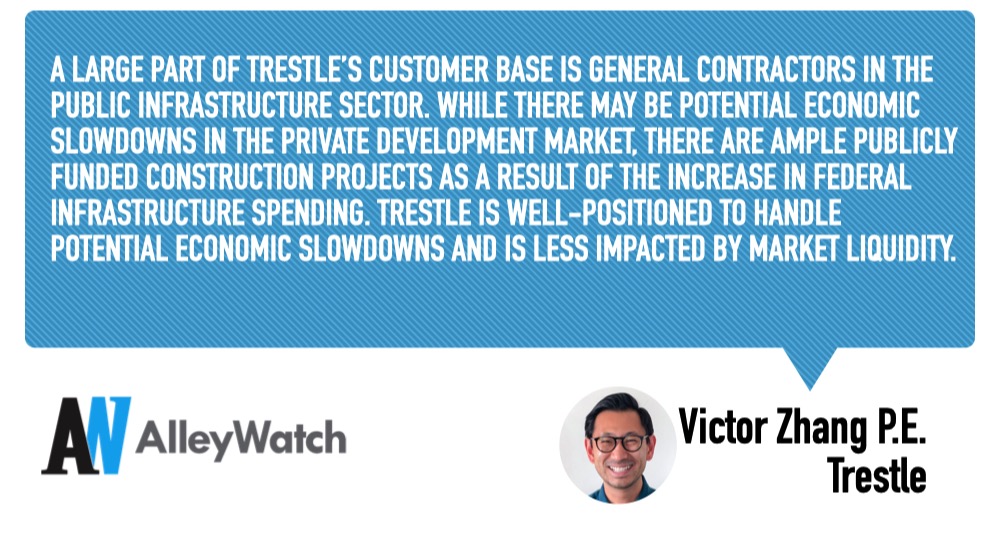A Guide to Enhancing Transparency and Accountability on Construction Projects


Have you ever felt like you're constantly chasing down information on a project? Dealing with cross-functional team silos, playing the "telephone game," relying on hearsay through the grapevine, and constantly scrambling to find that one crucial piece of information buried in some dusty spreadsheet is all too common in this industry. This outdated and inefficient approach to data access can prove exasperating for anyone aspiring to achieve project success.
But what if there was a better way to keep the job site and the head office in perfect sync? Easy access to information fosters better collaboration and reduces costly errors in performance. It empowers every department — from estimating to procurement — to have a clear picture of the project's status and progress. At the end of the day, promoting live and historical data transparency is all about leveraging collective knowledge to streamline construction operations, address problems quicker, and reduce risks.
Top 4 Benefits of Data Transparency and Access for General Contractors
Data reveals that up to 60% of general contractors report having witnessed coordination and communication hiccups between project team members. A lack of data doesn't seem to be the culprit here, as most teams are typically drowning in it on any given day. Instead, the main problem is that at least 96% of this information goes unused due to deficient standardization practices and poor organization.
Proper data management and transparency can unlock the true potential of any and all information gathered by construction teams. Besides transforming it from a burden into a powerful asset for general contractors, it also offers numerous other advantages. These include:
1. Keeping Historical Data from Lessons Learned
There’s an old saying that goes: “Those who do not learn history are doomed to repeat it.” While this adage is not necessarily related to data transparency and access in construction, it still serves as a reminder of the importance of safekeeping and sharing critical information among team members, managers, and other relevant parties.
Failing to document both company wins and losses may lead construction teams to keep stumbling over the same obstacles time and time again. Preserving historical data, even long after the workers involved have moved on to other projects or companies, equips teams with the necessary tools to enhance efficiency and avoid making past mistakes.
Data insights are essential in developing proactive solutions that help you prevent costly oversights from derailing future projects. At the same time, you can also document historical data on successful solutions and best practices from past projects. This way, you can effectively standardize and implement them across the company, helping guarantee consistency and reduce otherwise steep learning curves for new team members down the line.
2. Ensuring Accountability of Different Teams
Finger-pointing and unclear project responsibilities should be things of the past. Data transparency can serve as a powerful spotlight that enables you to easily see issues as they occur. This development presents a promising opportunity for those aiming to evaluate individual performance within their team and cultivate a culture of accountability where everyone understands their role in achieving project goals.
But transparency isn't just about top-down oversight. It’s also an excellent way to showcase your team's strengths and accomplishments. Regularly collected data can demonstrate your crew's efficiency in completing tasks on schedule and within budget, for example. This lets you give credit where it’s due and nurture a sense of pride and ownership in your work unit.
Transparent data access also allows you to analyze specific workflows to identify bottlenecks that might be impeding progress. Detecting these types of issues in real-time facilitates proactive collaboration across departments. This, in turn, helps remove roadblocks and simplify operations for added efficiency.
3. Making Informed Decisions
Accurate and reliable historical data empowers you to secure projects based on actual proven facts rather than wishful thinking or assumptions. Knowing past material costs, labor hours, and equipment requirements gives you a strategic advantage in avoiding underbidding and obtaining a healthy profit margin.
In addition, data transparency promotes more efficient allocation of manpower and equipment by giving you access to past resource utilization records. This minimizes downtime and makes sure you always have the right tools on hand exactly when you need them.
4. Making Tangible Progress Through Lessons Learned
The construction industry thrives on the wisdom accumulated through years of experience. Traditionally, this knowledge has been passed down through apprenticeship and mentorship — a system with undeniable value. However, relying solely on industry knowledge and word-of-mouth can be inefficient. Crucial details might get lost in translation, and best practices can be inconsistently applied across projects.
As mentioned earlier, data transparency helps you systematically capture the lessons learned from previous successes and failures. You can then transform this knowledge into actionable insights for future endeavors.
What’s Next in Data Transparency for You?
Let's be honest. It's time to embrace progress and technology to communicate important project information. Data transparency is the key to a more efficient and successful construction future. It helps guarantee that all stakeholders, regardless of their hierarchy in the team or the company, are adequately informed and equipped to fulfill their respective roles.
Are you looking for data-driven subcontractor and vendor management for your future construction projects? At Trestle, our goal is to help you stay organized and find supplier information with ease. Reach out to us to discover how we can support you in achieving your goals.
Keep Reading





